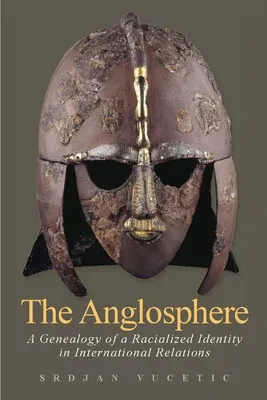Srdjan Vucetic
(Author)The Anglosphere: A Genealogy of a Racialized Identity in International RelationsPaperback, 28 February 2011

Qty
1
Turbo
Ships in 2 - 3 days
In Stock
Free Delivery
Cash on Delivery
15 Days
Free Returns
Secure Checkout

Print Length
272 pages
Language
English
Publisher
Stanford University Press
Date Published
28 Feb 2011
ISBN-10
0804772258
ISBN-13
9780804772259
Description
Product Details
Author:
Book Format:
Paperback
Country of Origin:
US
Date Published:
28 February 2011
Dimensions:
22.61 x
15.24 x
2.03 cm
Genre:
Historical
ISBN-10:
0804772258
ISBN-13:
9780804772259
Language:
English
Location:
Stanford, CA
Pages:
272
Publisher:
Weight:
376.48 gm